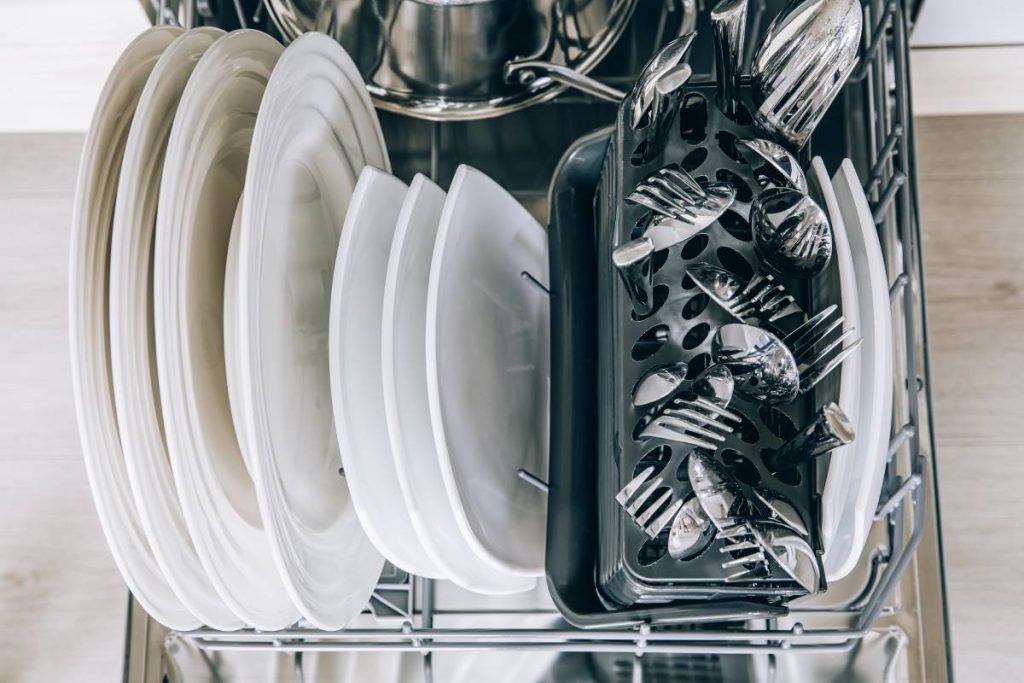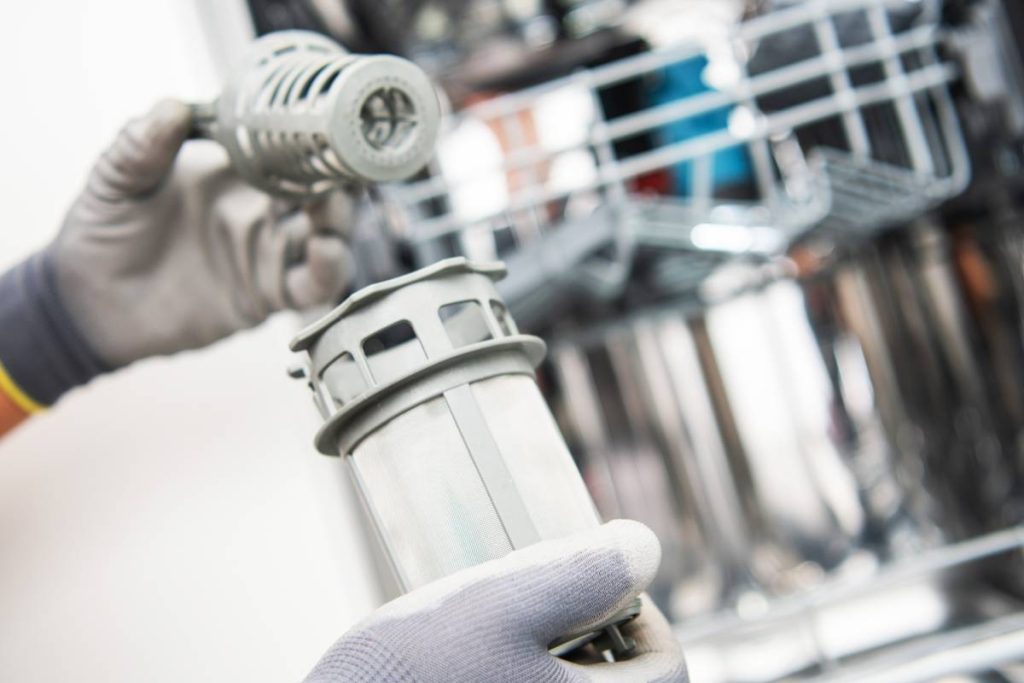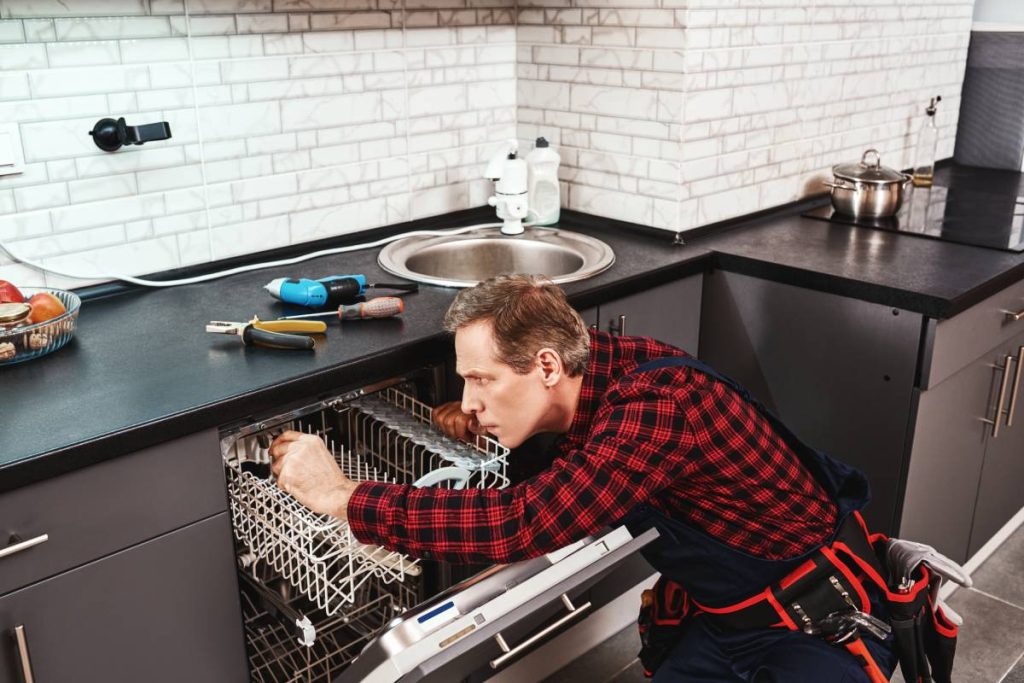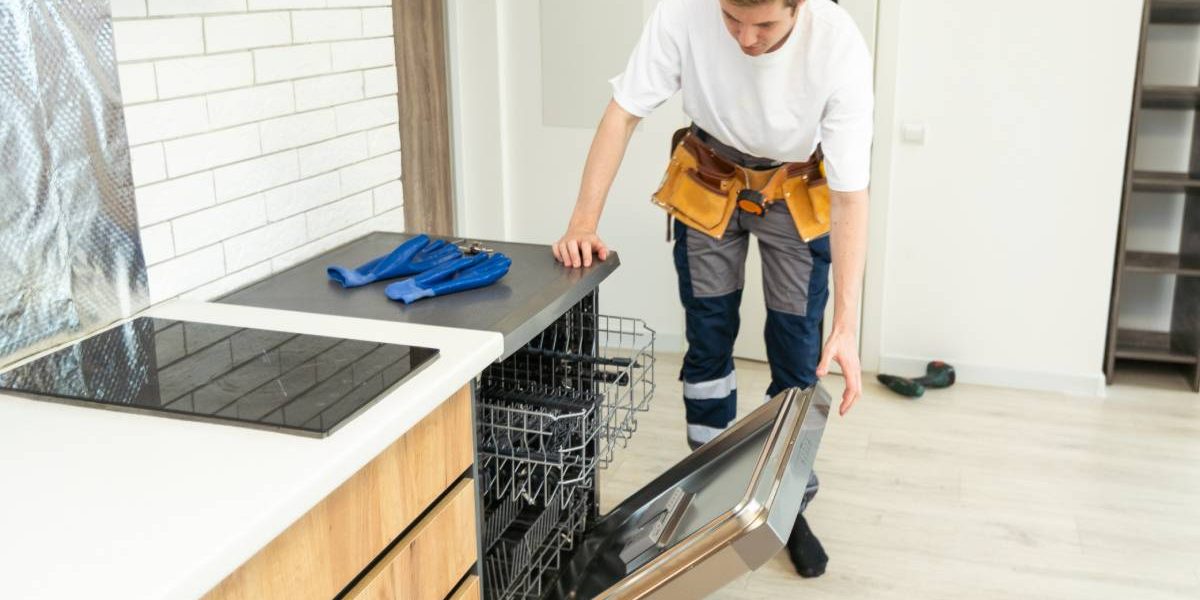Dishwashers used to be considered a luxury, but now they’re a part of daily life for most people. No one wants to return home to a pile of dirty dishes after a long day. A good dishwasher can be a real lifesaver, but like any appliance, it can run into problems from time to time.
So today we’ll share how to indicate if it’s time to hire a professional to repair your dishwasher or not with these 5 indicators. Let’s get into it. But first, we’ll get to know when dishwashers become popular in Australia, shall we?
When Did Dishwashers Become Popular in Australia?
The concept of a dishwashing machine dates back to 1850 in the USA when the first patent was issued, but the machine was never actually made available to the public. It was American inventor Josephine Cochran who introduced the first practical model that used water pressure to effectively clean dishes. This innovation was showcased at the World’s Columbian Exposition of 1893 in Chicago and quickly found its way into hotels and restaurants.
By the turn of the 20th century, Australia was already exploring power-driven dishwashers, and General Electric (GE) had introduced the Hotpoint brand by the 1940s. However, it wasn’t until the 1970s that dishwashers became a common fixture in Australian kitchens.

How to Tell If Your Dishwasher Needs Repair
Dirty Dishes
If your dishes are still dirty after a wash cycle, something’s not right. The issue might be:
- Not loading the dishes properly.
- Overloading the dishwasher.Using too little detergent.
- A clogged filter blocks water flow.
- An improperly connected water pipe.
If it’s one of the first three issues, you can fix it by adjusting your dish-loading habits. But if it’s a clogged filter or a more serious problem, you’ll need a professional to repair it.
Your Dishwasher Isn’t Providing Hot Water
Having hot water in your dishwasher is crucial for effective cleaning and sanitizing. If you suspect your dishwasher isn’t delivering hot water, try these steps:
- Load the dishwasher without overfilling it and run a cycle.
- Once the cycle is done, open the dishwasher door.
- Check the temperature of the dishes inside. They should still be warm to the touch. If they’re cold, it suggests your dishwasher isn’t getting hot enough water, which can lead to incomplete cleaning. The issue could be with your dishwasher or your home’s water heater, both of which may require repairs.

Water Accumulates at the Dishwasher’s Bottom
When you open your dishwasher and find a pool of water at the bottom, it’s a sign of a problem that needs attention. Here’s why this might be happening:
- Food particles have clogged the drainage system.
- The pump strainer or drain hose is damaged.
- The dishwasher isn’t completing its cleaning cycle correctly.
To address these issues and ensure proper dish cleaning while preventing mould growth, it’s essential to have a specialist fix the problem promptly.
Broken Door Latch
A malfunctioning door latch on your dishwasher can prevent it from working properly. While some dishwashers might run with a broken latch, you could encounter issues such as:
- Inadequate dish cleaning.
- The dishwasher leaking water.
- Incomplete washing cycles.
If you spot a broken door latch, it’s important not to overlook it. Get it repaired promptly to ensure your dishes are cleaned effectively and hygienically.

Unusual Noises
Dishwashers can make normal sounds like dishes clinking, but certain noises can be a cause for concern. For instance, a hissing sound during water filling or a humming vibration while draining is generally okay. However, other sounds may indicate problems:
- Loud creaking suggests a possible pump issue.
- Straining noises could signal a motor problem.
- Reduced spray pressure may lead to concerning sounds related to the wash pump.
If you hear unusual, loud, or violent noises, it’s crucial to stop the dishwasher immediately and seek professional help. Running it in this condition could worsen the problem.
Final Thought
A smoothly running dishwasher ensures your dishes are cleaned effectively. However, occasional issues like these can make life more challenging. If you recognise any of these signs, it’s clear that your dishwasher needs attention, so don’t hesitate to call a professional for repairs.











